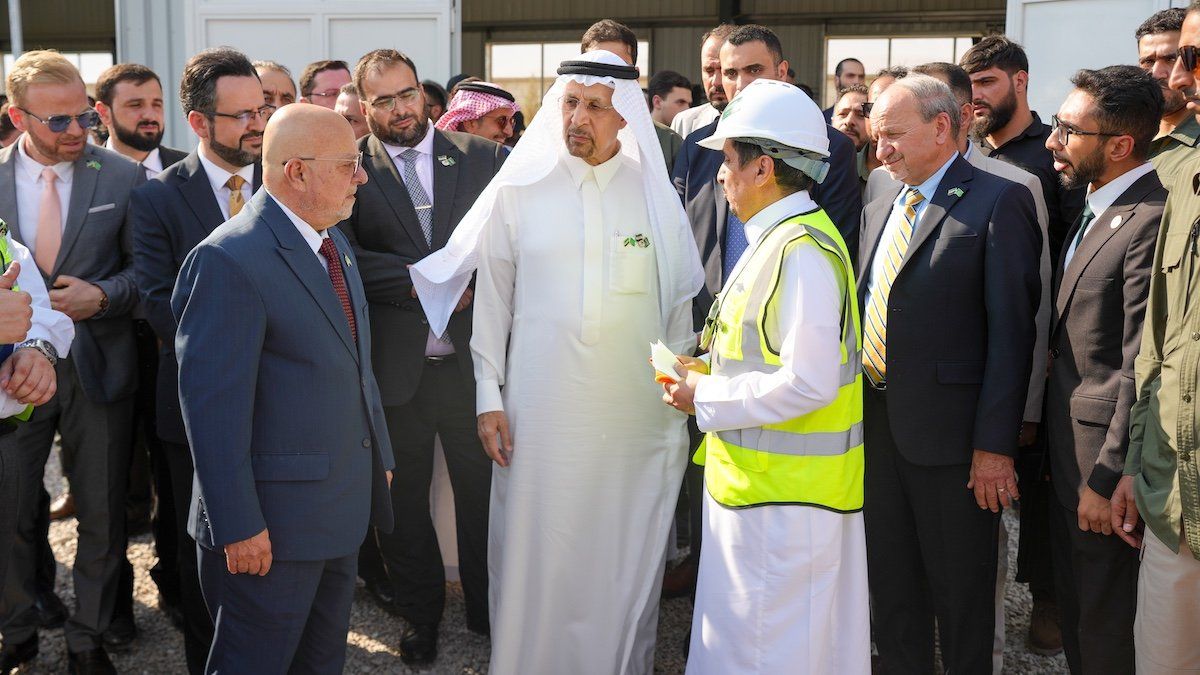Saudi seeks a piece of the Syrian pie
Saudi Arabia has pledged to invest $6 billion to rebuild the war-torn Syrian economy, an amount that represents roughly 30% of Syria’s 2023 GDP. Still, the investment is just a tiny fraction of the estimated $400 billion in reconstruction funds that Syria needs. We’re watching to see if the Saudi move spurs other regional powers to take the plunge too – either as partners or rivals to Saudi influence. Meanwhile, Syrian interim President Ahmed al-Sharaa must try to keep a lid on sectarian violence and deal with ongoing attacks from a wary Israel. (Read more here.)
Ukraine and Russia get their money up for more war
The Russian and Ukrainian governments, apparently readying for even more conflict as peace talks stay stalled, are scrambling to shore up their war-fighting finances. On Thursday, Ukraine’s President Volodymyr Zelensky asked European leaders to help pay not only for new weapons but also forhigher wages for his country’s soldiers. Meanwhile, as Russia’s war economy starts to sputter, President Vladimir Putin’s central bankcut its benchmark interest rate by two percentage points to a still-sky-high 18% — its second rate cut this summer.
Thailand-Cambodia clashes could reach “stage of war”
Border clashes between Thailand and Cambodia continue. Thailand has now evacuated more than 130,000 people from the area as acting Prime Minister Phumtham Wechayachai warns the situation “is escalating and could develop to the stage of war.” Violence has erupted in 12 areas along the disputed frontier, killing at least 15 Thais and one Cambodian. Nationalist tensions and a friendship breakup between powerful former leaders Hun Sen of Cambodia and Thaksin Shinawatra of Thailand are further inflaming the crisis.
